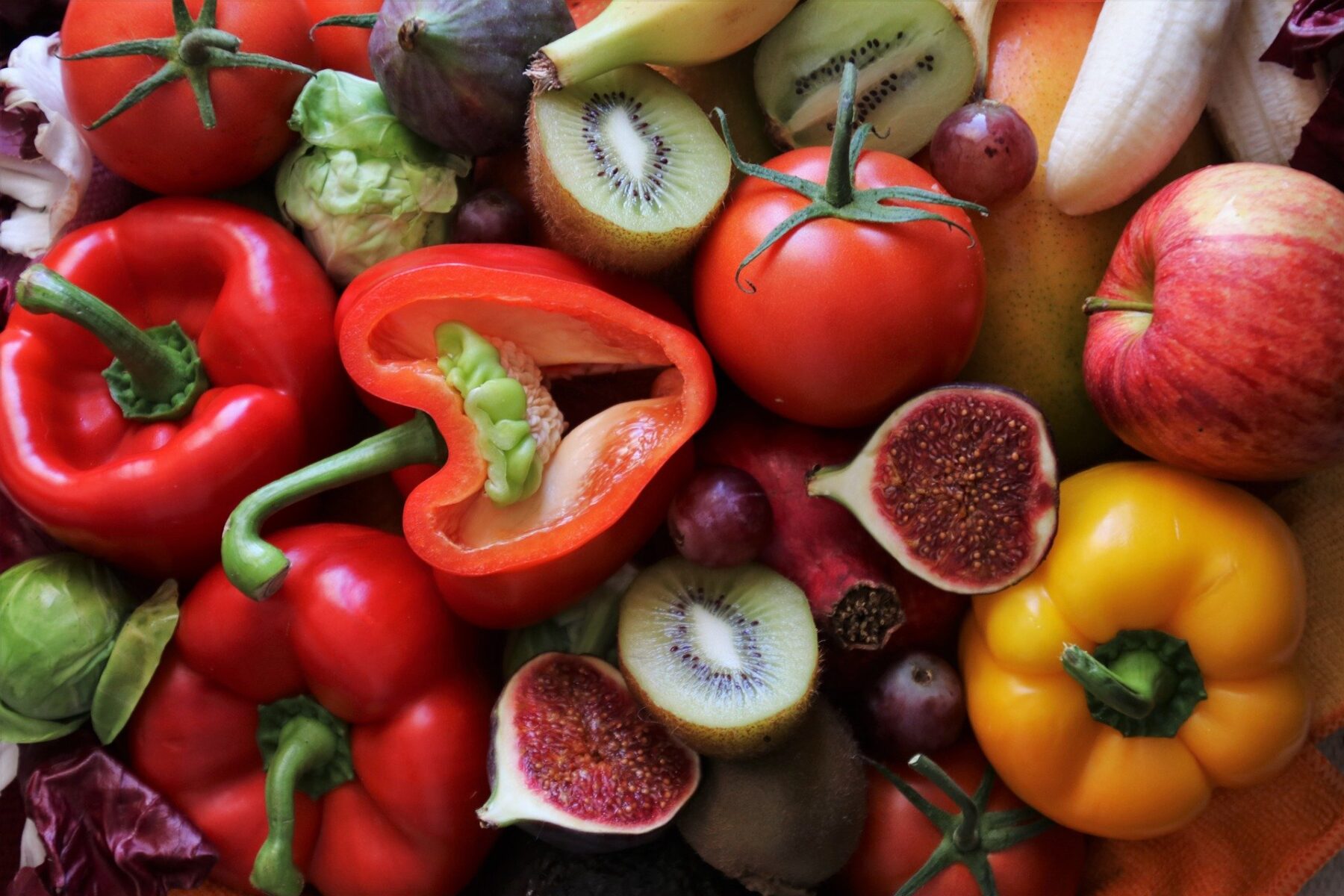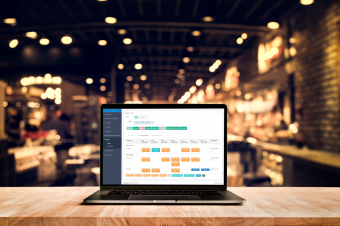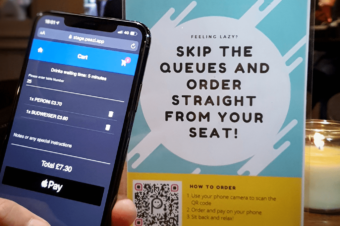With 3.5million people in the UK now identifying as Vegan and many more adopting a “Flexitarian” diet, the recent shift towards consumers eating less meat has affected all aspects of the food industry, including hospitality. What does this trend mean for your business, and how can you ensure that you can provide for this ever-growing market?

Vegan/Vegetarian/Flexitarian: What does it all mean?
A vegan diet means the exclusion of animal products such as meat, fish, shellfish, insects, dairy, eggs and honey. It’s generally part of a wider lifestyle that seeks to exclude all forms of exploitation to animals for food, clothing or any other purpose. [i]
Vegetarian diets are similar to vegan in that all forms of meat are excluded, however produce such as dairy, eggs and honey can still be eaten. Flexitarians, also known as “casual vegetarianism” adopt a mostly vegetarian diet while still allowing for occasional meat dishes. It is considered a way of adding new foods to a diet rather than excluding foods. Flexitarians can also be predominantly Vegan and still eat fish or meat once a month.

Why are these diets becoming popular?
The myriad of reasons for choosing these diets include health benefits, a conscious investment in environmental impacts of meat as well as ethical reasons for not wanting to harm animals.
Practising a vegan diet appears to lower blood sugar levels. Studies have shown that some vegans are able to reduce medication and lower risks of diabetes related illnesses.
In 2018, more and more people are conscious about where their food is coming from and how it is obtained. It has been a growing trend over the past few years and shows no signs of slowing any time soon. The number of vegans in the UK, who shun all animal products including dairy and eggs, has grown fourfold in the past 10 years to about 550,000, according to the Vegan Society.

On an environmental level, it is said that the production of meat puts a lot of strain on the environment. From food and water required to feed the animals right the way down to the transportation of the meat. A vegan diet goes a long way in reducing your carbon footprint.
Many famous faces and popular social influencers have dragged veganism, a once niche and unconventional dietary choice, into mainstream culture. Celebrity proponents of veganism include Natalie Portman and Miley Cyrus. The ethereal Beyoncé, who has 117m followers on Instagram alone, advocates a flexitarian diet.

The impact on hospitality – cater to growing markets
Figures from August 2017 shows year-on-year growth of 18.3% within the dairy-free market. [ii] Vegan food sales are up by a whopping 1,500 per cent in the past year, according to new figures released to coincide with World Vegan Day. Consumers are actively seeking out these alternative food choices in their everyday life, so if your business isn’t prominently displaying the information they are looking for, they are going to look elsewhere. How can you effectively communicate allergens and ingredients within your food products?
EPoS systems can help your business stay ahead of the trend and ensure the growing markets of vegans, vegetarians and flexitarians are catered for. Allergen and ingredient information can be integrated on hand-held devices, allowing your staff to easily and effectively communicate dietary information to customers seeking assurance.
As well as this, having an effective recipe management system allows for food preparation to be accurate and flexible. Recipe structures are laid out clearly for chefs, allowing for distinct clarification of the component ingredients and their suitability for certain dietary requirements. It also allows for ingredients to be easily substituted or removed entirely upon customer request, ensuring full confidence that the recipe will meet your customer’s criteria.
This enables your business to cater to a variety of dietary requirements, increasing your revenue potential and customer satisfaction by providing a more personal and accurate service. It also reduces the human error involved at every stage of the process, giving your staff the confidence to provide the food quality the customer wants with less chance of including ingredients or allergens that are unsuitable.
GS work with you to really understand your business. We identify your wants and needs and have vast experience within the hospitality industry so that we can tailor our solutions accordingly.
Are you interested in learning how an EPoS system could benefit your business? Contact a specialist at GS Systems.
[i] https://www.vegansociety.com/go-vegan/definition-veganism
[ii] https://uk.kantar.com/consumer/green/2017/veganism/







